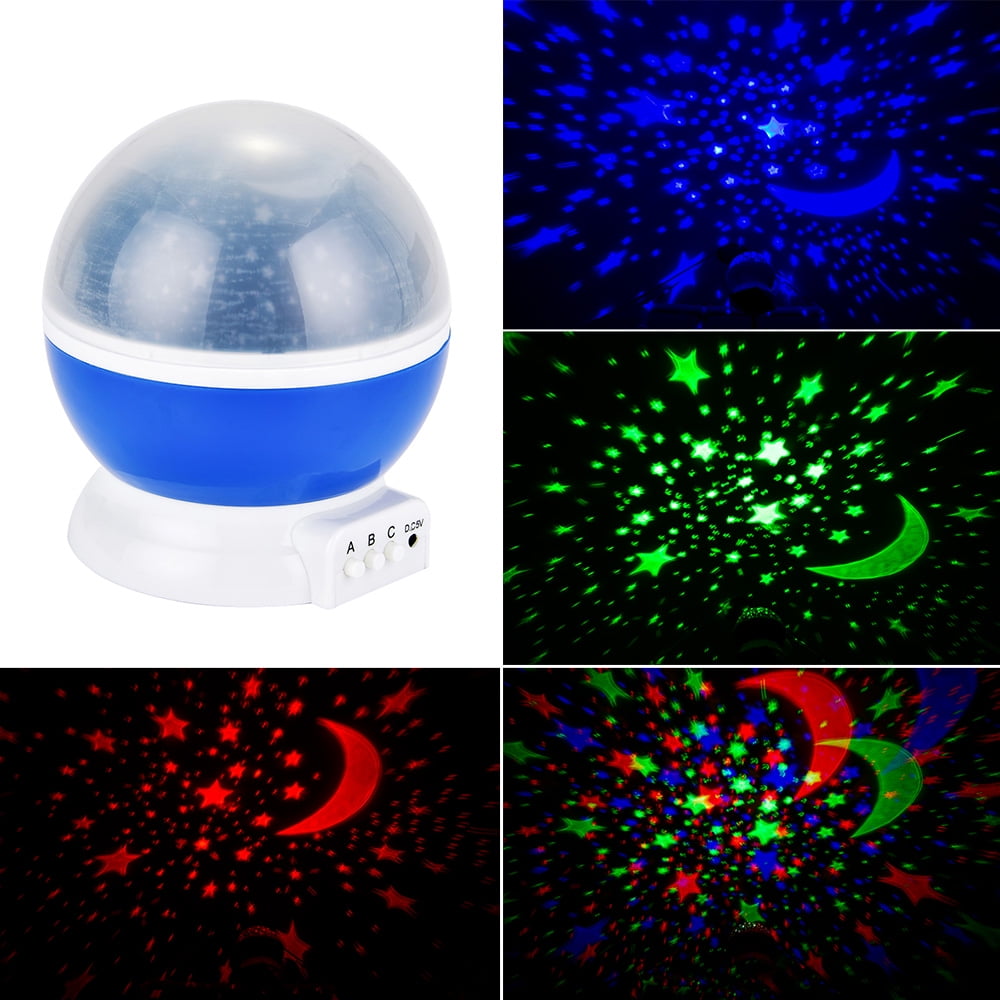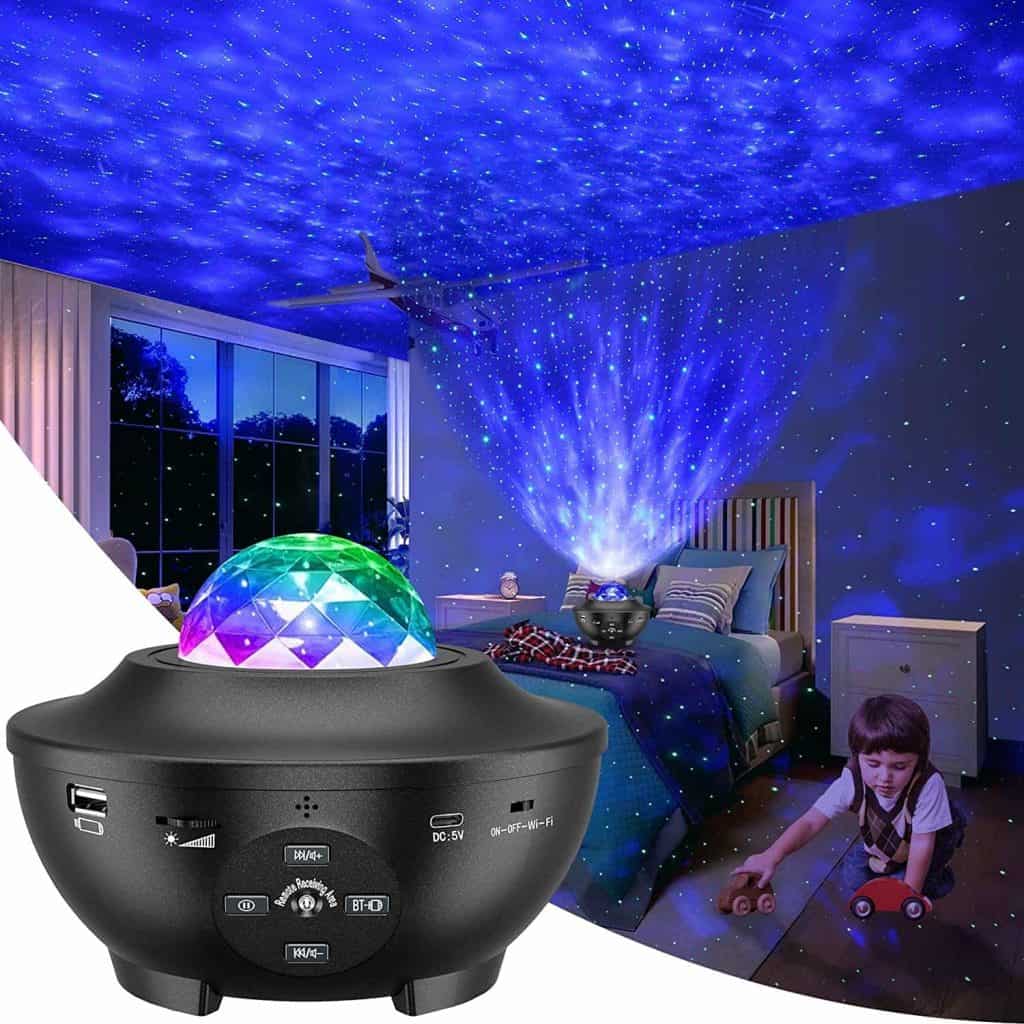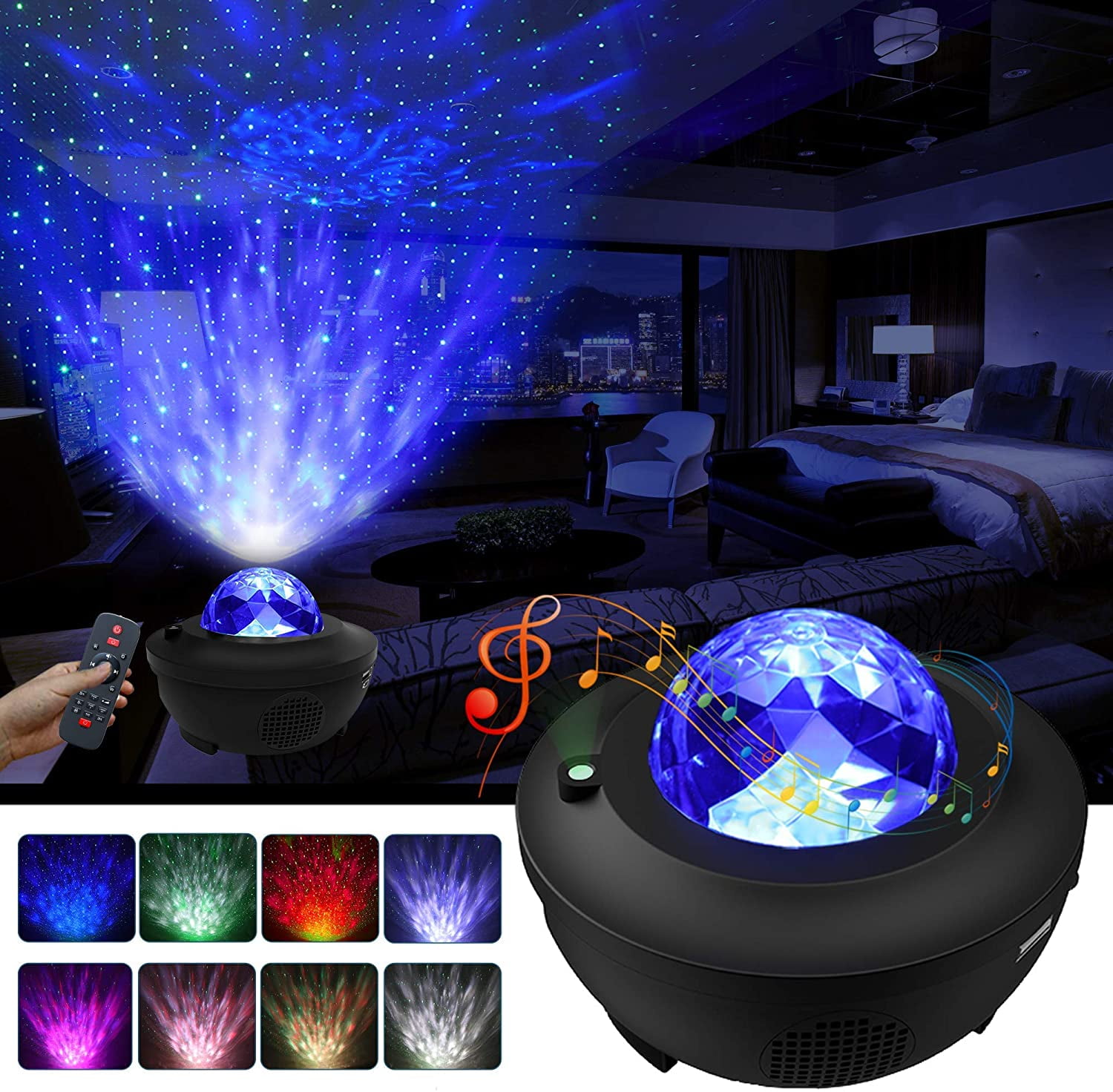
The Homestar Flux comes with two discs, the northern hemisphere and the northern hemisphere with constellation lines it also supports additional discs that feature the Andromeda Galaxy, the southern hemisphere, and more. Unlike the other star projectors on this list, Sega’s model supports interchangeable discs, allowing owners to explore different parts of the universe in incredible detail.

It can project up to 60,000 stars at once and covers a circle with a 106-inch diameter. Sega’s Homestar Flux is the closest thing to a planetarium if you’re a fan of astronomy and intend to use your star projector as an educational tool.
#Star light projector lamp movie
If you’re searching for a projector for movie night, you’re in the wrong place (though we do have a guide for the best projectors for indoors and outdoors).

Over the last 10 years, I’ve written about gadgets and space for outlets like CNN Underscored, TechnoBuffalo, and Popular Science, and this guide, in a way, allows me to write about both. I also took a guided tour of the Goldstone Deep Space Communications Complex, where I saw enormous satellites used to communicate with faraway spacecraft. As an editor at TechnoBuffalo, I visited NASA’s Jet Propulsion Lab in Pasadena, Calif., to learn about the Mars rover. I’ve been fortunate to visit areas less affected by light pollution, so I know what it’s like to gaze upon the grandeur of our galaxy. Best for kids: Gdnzduts Galaxy Projector.

Best portable: NEWSEE Northern Lights Star Projector.Best scientifically accurate: Sega Toys Homestar Flux.While nothing can replace the awe-inspiring feeling of seeing millions of stars in person, the best star projectors can still leave you transfixed. Many also function as night lights or pattern projectors that can spruce up a room without the celestial theme. All you need is a dark room with a power outlet and you’re ready to bask in the wonders of the universe. If artificial lights have obscured your view of the Milky Way, these compact devices provide a fun and comfortable way to observe the cosmos. Beyond a few bright celestial objects, the rise of light pollution has made it difficult for most people to experience a genuinely starry night sky-and that’s where star projectors come in.


 0 kommentar(er)
0 kommentar(er)
